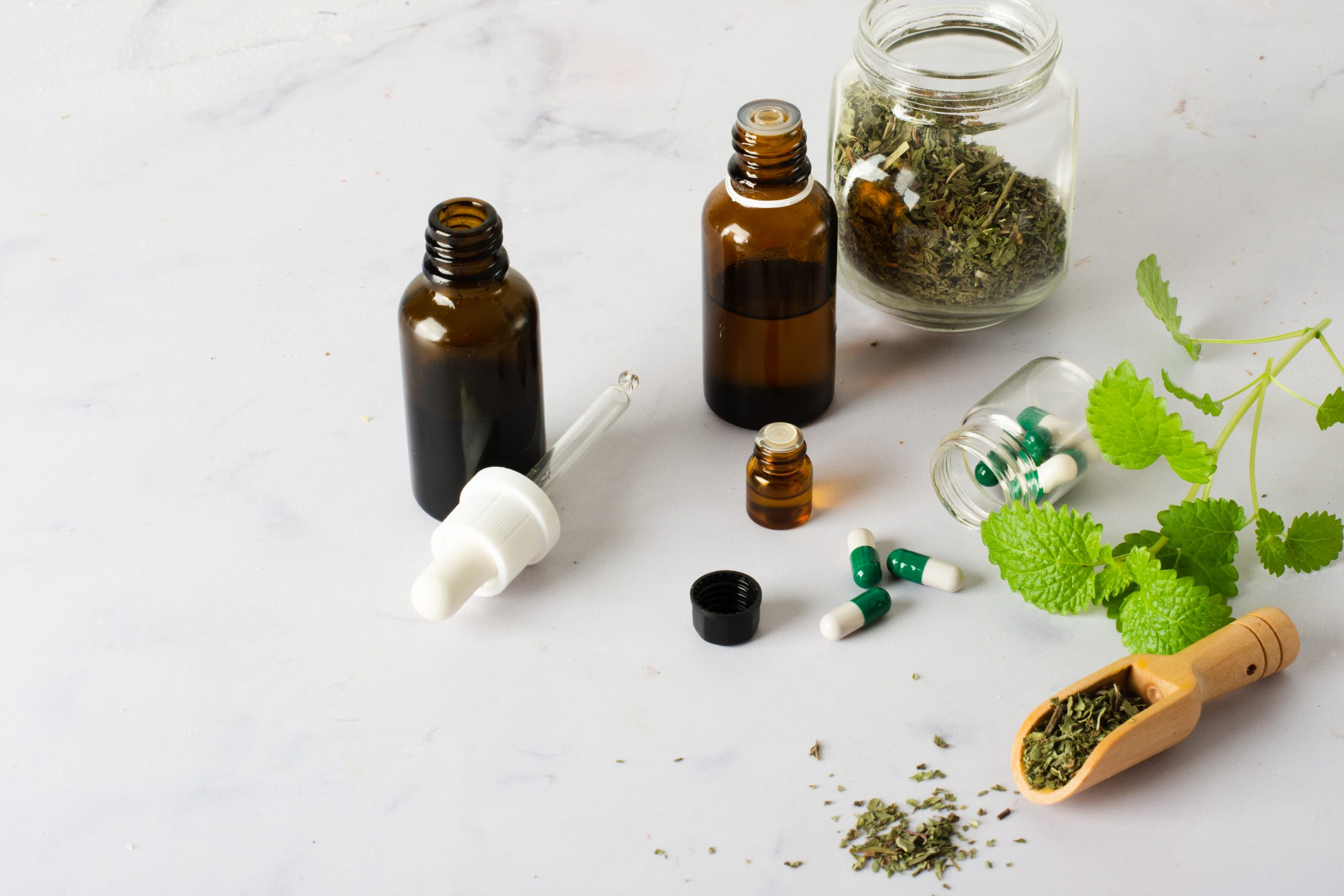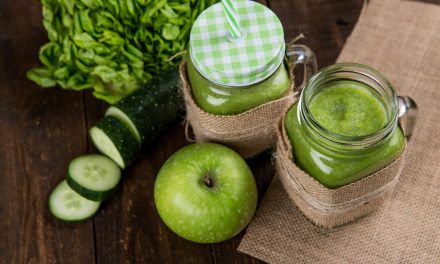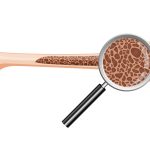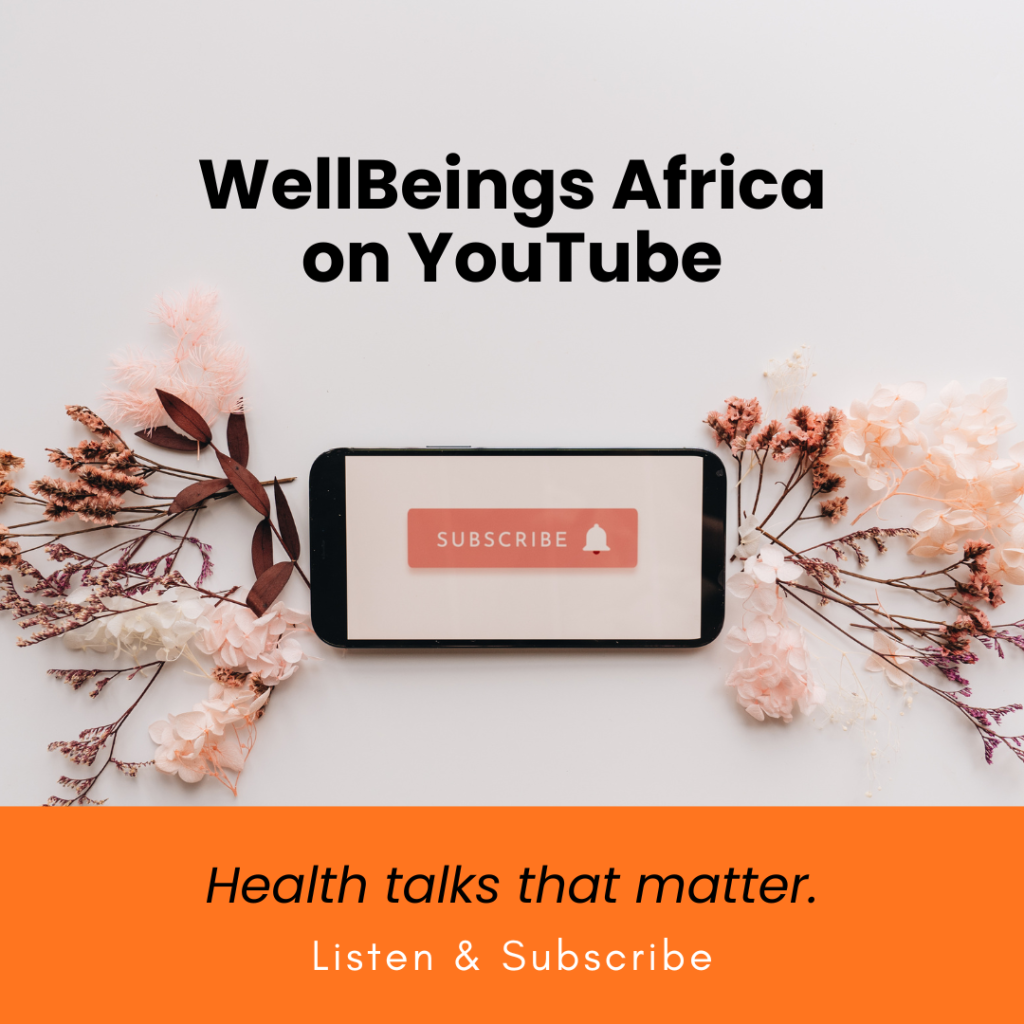It’s easy to assume that all natural remedies are safe; let’s learn more
According to the World Health Organization (WHO), around 80% of the global population uses natural remedies as part of primary healthcare.
Quick Read:
- We can’t assume that natural automatically means safe. Many traditional remedies are still under-researched.
- As with any medication, if you experience side-effects from a natural remedy, it’s best to stop immediately.
- If you have a chronic condition, like diabetes or heart issues, please don’t rely solely on natural remedies. Get expert care and advice from a doctor and medical treatment as prescribed.
Natural goodness?
Anything “natural” must be good, right? We hear a lot about natural remedies and how these are often far healthier for your body and immunity in the long run than over-the-counter medications. (And often far easier on your budget!).
And actually, there’s some truth to it. Natural remedies, by virtue, of not being prescription drugs usually have fewer side-effects and there’s a no real risk of becoming addicted like you could with painkillers. Medically speaking though, the medicine your doctor or pharmacist prescribes has been thoroughly developed and tested to deal with your specific health problem.
Herbal or natural remedies on the other hand, have usually been around for many years, but haven’t gone through the trial-and-error process of a typical medication that’s been developed in controlled medical settings. And it’s not necessarily safer either. Some herbs can have toxic effects on your system. Here are a few things to know before throwing away your pills for natural alternatives.
What makes natural remedies “natural”?
Defined by The Free Dictionary, natural (or alternative) medicine means: “A heterogeneous set of practices that are offered as an alternative to conventional medicine, for the preservation of health and the diagnosis and treatment of health-related problems.”
So, essentially – anything that comes from a natural source like plants or herbs. Many herbs have antioxidant properties. Antioxidants are good health helpers that help prevent damage to cells caused by free radicals. Also on the plus side, some natural remedies are backed up by science and research. Turmeric, for instance, has a good reputation for helping with inflammation, back pain, and arthritis.
Then there’s the all-natural aspect, by virtue of being “natural” – these remedies are free of chemicals and other harmful substances. Which is great news for your overall health because you’re not consuming dangerous ingredients.

Understanding the safety factor of natural remedies
So, while “natural” remedies have many wonderful benefits, you still have to tread carefully. The potentially toxic effects of some herbs, especially those containing ingredients like caffeine, ginseng, and ginkgo, should not be overlooked. Too much of these could potentially lead to cardiac problems.
Some other remedies, like Kava (a herb that’s used for anxiety and sleep issues) may cause liver damage. Other natural alternatives could lead to stomach problems, anxiety, sleeplessness, and even increased heart rate.
Even with something seemingly harmless like turmeric, high doses can cause some effects like stomach problems, diarrhoea and dizziness. Most herbal and/or natural remedies are not clinically tested and studied extensively enough for a doctor to definitively prescribe it.
The other problem is that because of this unregulated element – what you read on the label of the bottle may not be the full list of ingredients. Which is worrying because you could be using a remedy that has an ingredient that’s harmful. You may even have an allergy to that substance without knowing.
So, while natural remedies can be cheaper on the pocket and good for your wellbeing, please always check with your pharmacist about the potential effects of the medication.
Images: Freepik





















